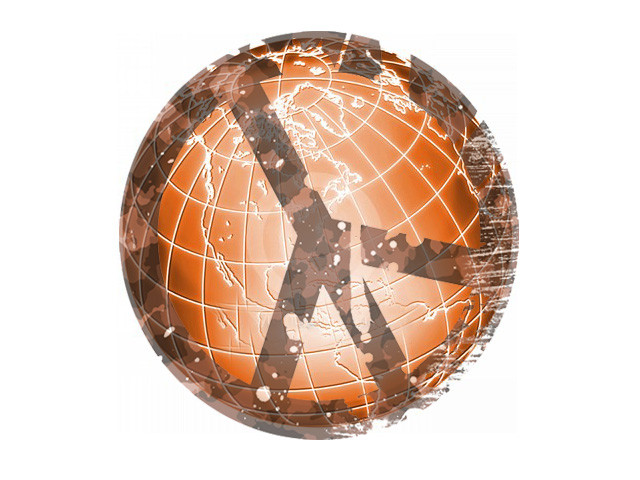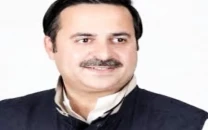Justice system within the ICC and UNSC
Peace will be evasive in absence of a unified global justice system.

It will commemorate the Roman statute of the ICC and discuss international humanitarian law and human rights concerns, paving the way for Asia to lead from the front, to end impunity and cleanse the moral and ethical pathway to a better, more powerful justice system.
Globally, the world is fast becoming aware of the International Criminal Court as the last line of justice in the world.
Last July, Bangladesh reaffirmed its ratification of the Roman statute, reflecting on the sufferings of millions of women and children, victimised, including victims of the 1971 war, and waiting for justice, irrespective of ethnic, cultural, religious or political ideology. However, it stated that “the selective approach of the UN Security Council … in maintaining international peace and security, undermines the credibility of the ICC, with specific focus on the issue of Palestine.”
Indonesia on Justice Day 2011 discussed the challenges facing the process of acceding to the ICC and the issue that the Rome statute would only be applicable to actions in the future after a party or state ratifies it, not to human rights violations in the past.
China celebrated the International Justice Day last year, in the backdrop of the situation in Libya, the Darfur investigation and upcoming ICC elections, with a clear desire to have a more powerful mandate and to ensure their influence over the UNSC.
Everyone agrees that there is a need to implement the rule of law and to dispense justice to the victims of the past and present conflicts as there will be no peace in any country until a global unified mechanism is put in place to provide quick justice to the victims and stop violation of human rights.
In Pakistan too, human rights violations have taken a sharp turn with over 1,700 casualties in target killings in 2011, as per Human Rights Commission of Pakistan (HRCP) report.
In addition to this, UN High Commissioner for Human Rights Navi Pillay has termed drone attacks in Pakistan a clear violation of human rights, saying “drone attacks do raise serious questions about compliance with international law.” The commissioner demanded compensation for the victims of the attacks, which has pushed Pak-US relations to a fresh low.
Pakistan will be better off seeking advice from the ICC and make efforts to be ratified as a full member state, while the US must try to enforce ICC principles on its own policy about drone attacks. The world looks at the ICC for the application of justice system and we hope that justice will arrive sooner rather than later.
The writer comments on international relations and foreign policy
Published in The Express Tribune, 25th, 2012.



















COMMENTS
Comments are moderated and generally will be posted if they are on-topic and not abusive.
For more information, please see our Comments FAQ